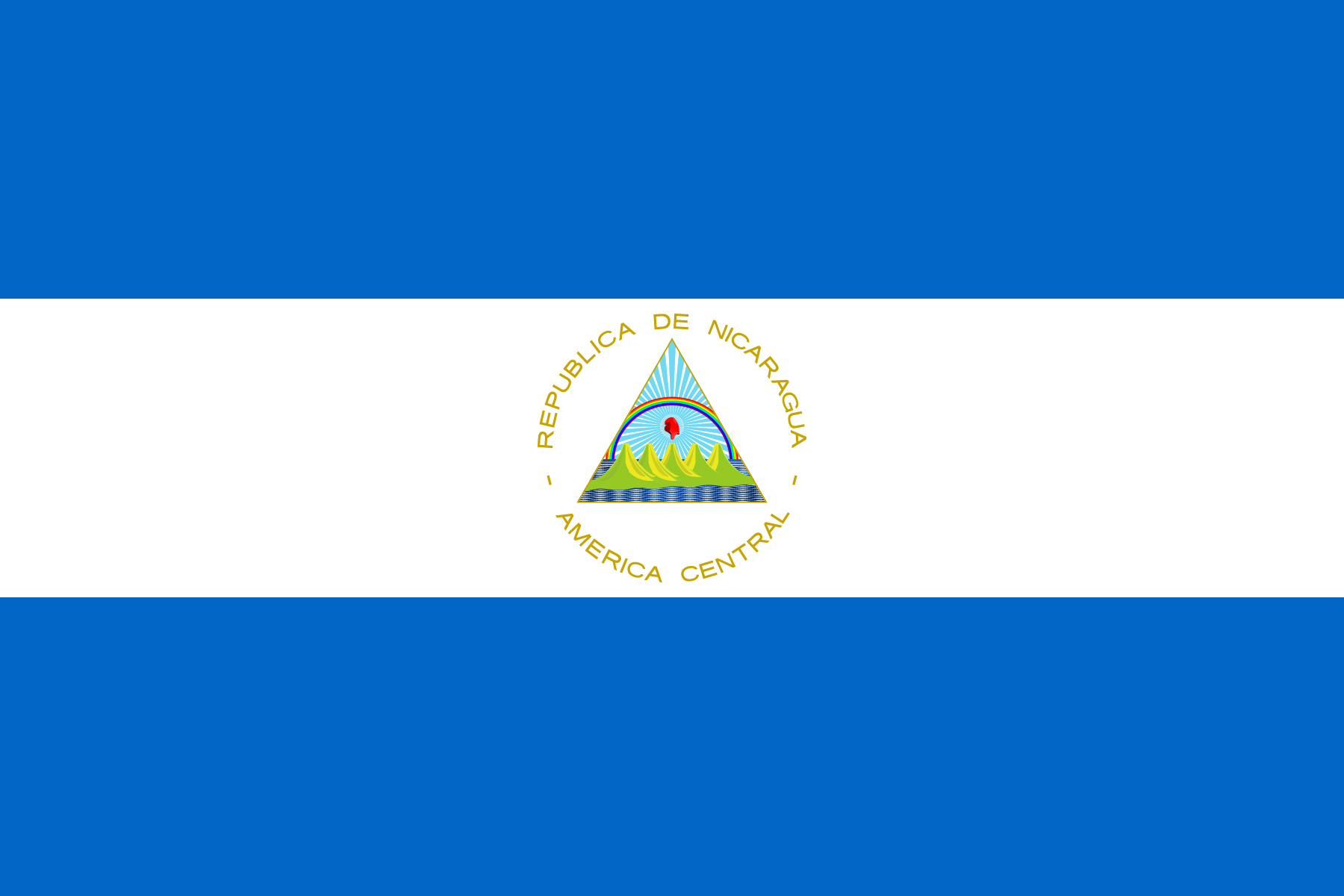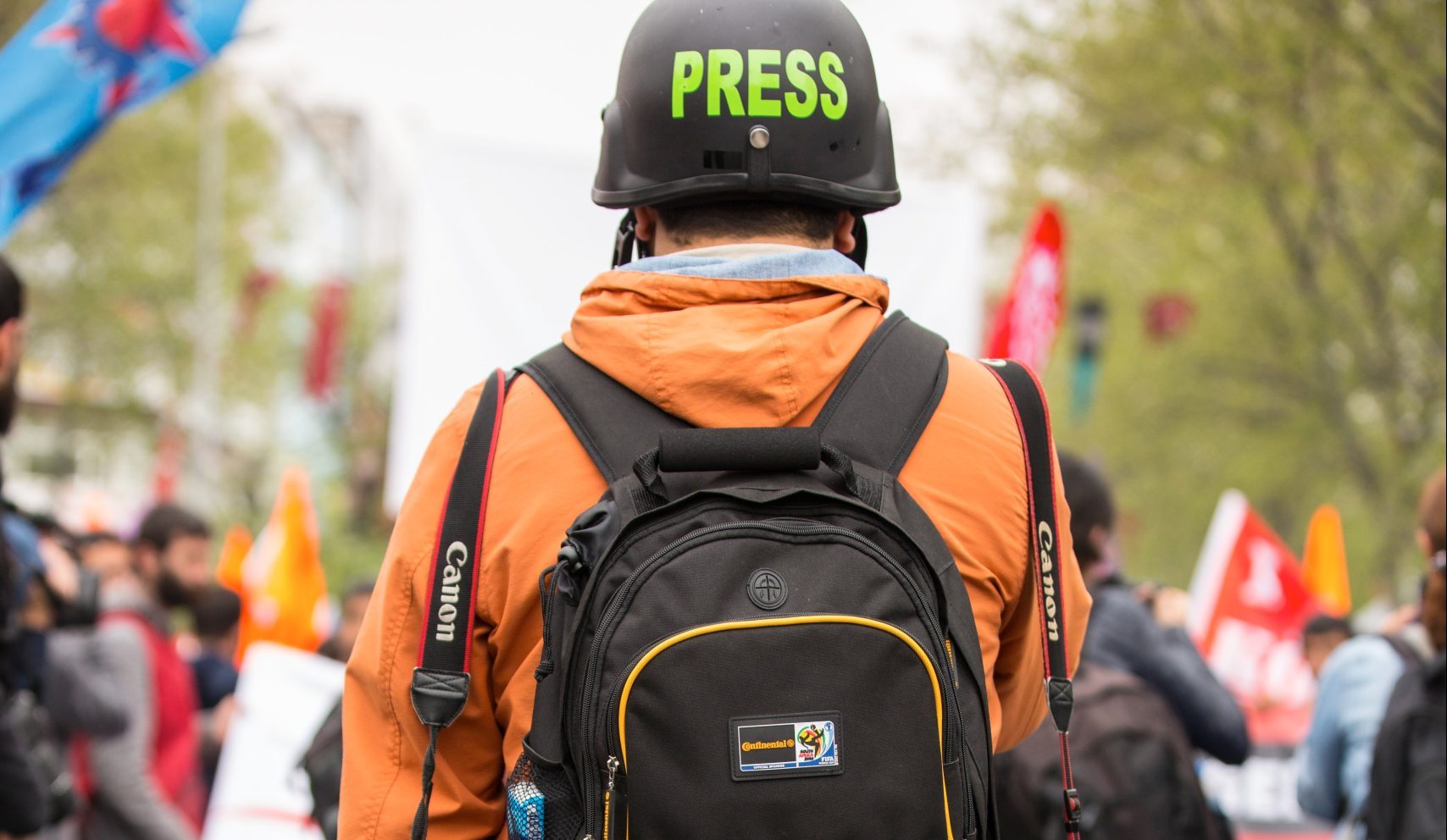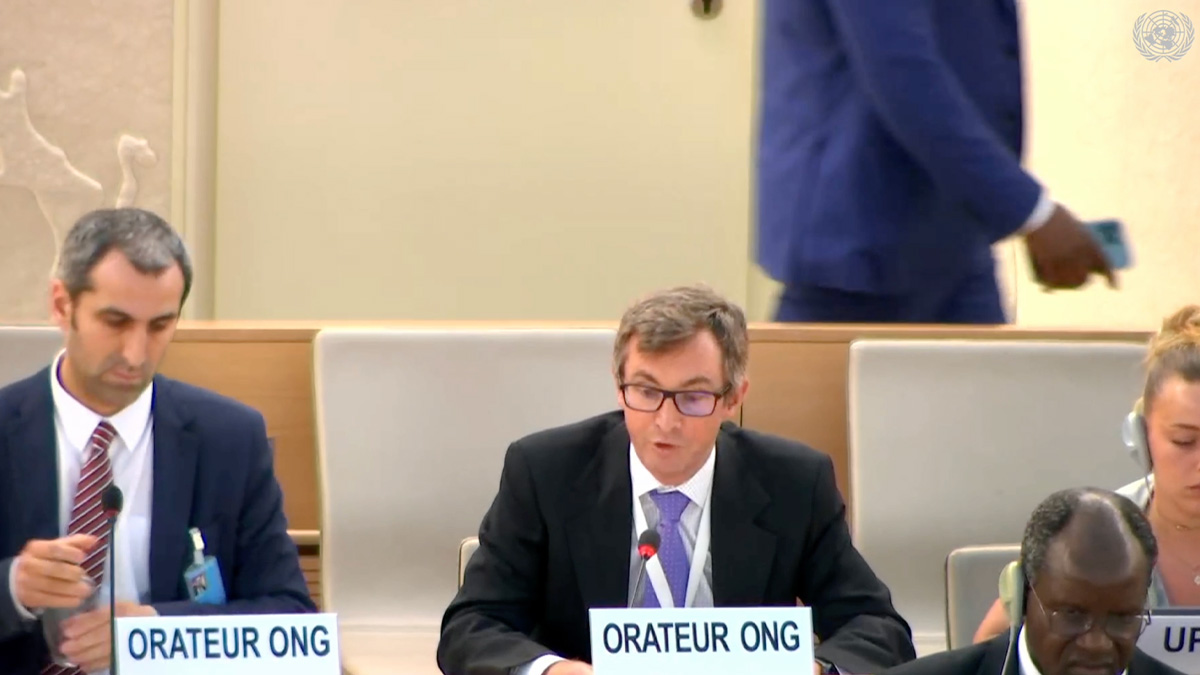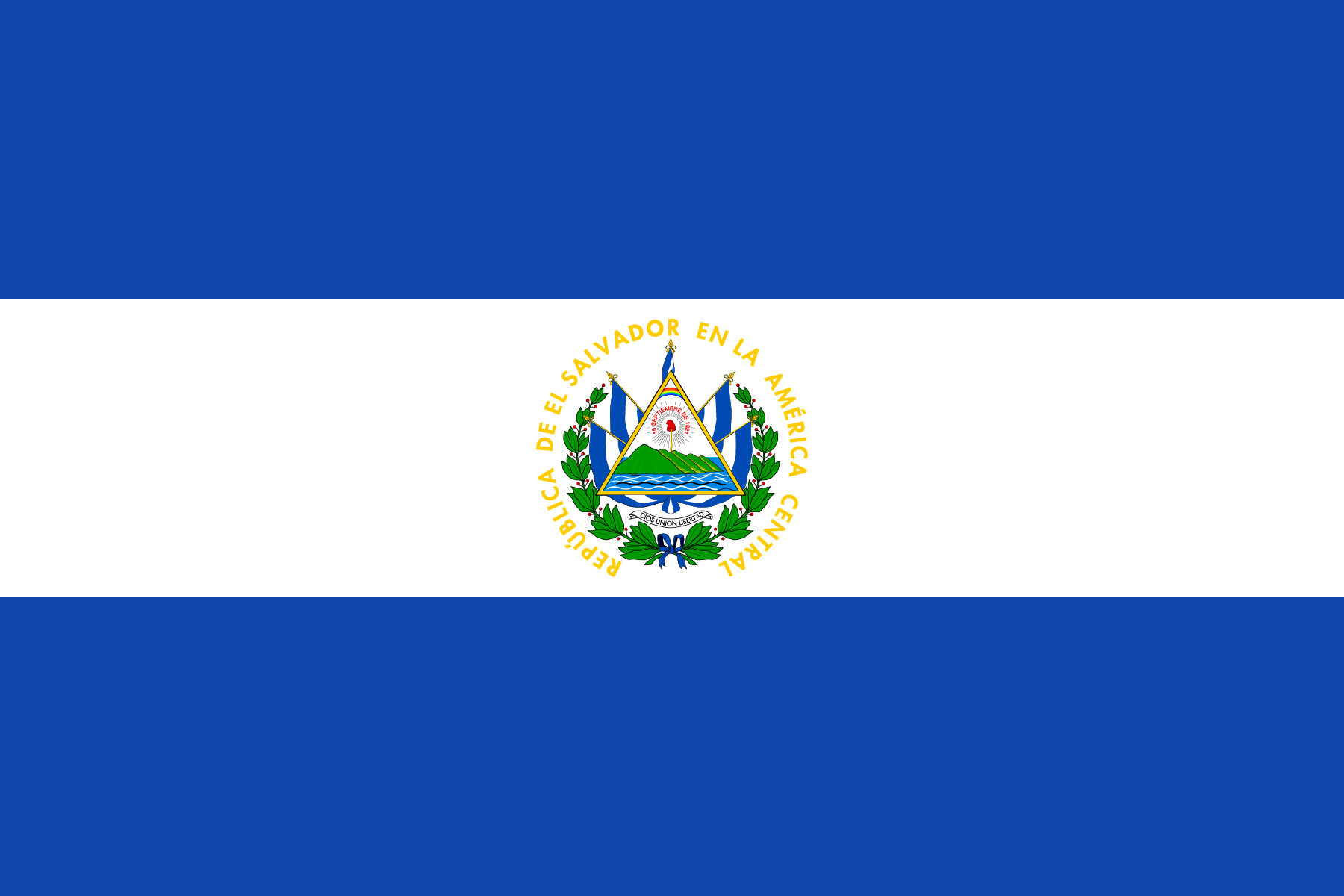
International community must protect Nicaraguan opponents exiled in Costa Rica
ISHR and the Colectivo 46/2 condemn the assassination of opposition leader Roberto Samcam Ruiz by the Nicaraguan Government.
Press © Engin Akyurt Unsplash

3 May is World Press Freedom Day, a reminder that the universal right to freedom of expression and the right to seek, receive and impart information is both precious and precarious.
A free press is one of the cornerstones of all open, democratic societies. It is an embodiment of Article 19 of the Universal Declaration of Human Rights, which enshrines individuals’ right to freedom of opinion and expression, including the right “seek, receive and impart information and ideas through any media.”
However, this essential human right is increasingly under attack. “Media workers are almost equated to soldiers or doctors today,” writes Daria Kotielnikova in her recent interview of three Ukrainian journalists. As we mark World Press Freedom Day, we must remember the value and power of a free press in service of the realisation of human rights around the world, but also the fragility of and the important challenges that weigh on this institution.
Journalists as targets for war
This has been most visible lately in the context of the war on Ukraine, which has been at the centre of global news coverage since Russia invaded on 24 February. This war has also been characterised by an assault on the work of journalists covering it on the ground and beyond.
On the ground, reports of atrocities that could amount to crimes against humanity have been covered extensively and, as part of their information warfare tactics, Russian authorities have sought to discredit media reports about these. The Russian Embassy in France went so far as to publish a tweet comparing images of Bucha to a “film set” – a post that was later deleted.
Journalists themselves have not been spared by the conflict. As of April 13, the National Union of Journalists of Ukraine reported that 20 journalists have been killed in the country since the beginning of the Russian invasion. This grim statistic has grown in recent days with the death of Radio Free Europe/Radio Liberty journalist Vira Hyrych, who was killed on April 29 by a Russian missile strike on Kyiv.
The collapse of press freedom in Russia
In Russia, a crackdown against all forms of opposition to the war has extended to the mere act of reporting on the conflict. Authorities passed and reinforced laws blocking access to independent outlets and criminalising the dissemination of so-called ‘fake news’ about the war, making it punishable by heavy fines and prison sentences. This has forced entire newsrooms to cease operations or move abroad: close to 150 journalists are thought to have left Russia in recent times, including both foreign and Russian reporters.
There is perhaps no greater symbol of the collapse of press freedom in Russia than the decision by independent newspaper Novaya Gazeta to halt its publication for the duration of the war, for fear of being forced to shut down. Hostility against their coverage even led to their editor in chief, the Nobel Peace Prize Laureate Dimitry Muratov, being attacked with red paint.
Nevertheless, some of the paper’s journalists have since started a European version of Novaya Gazeta from Latvian soil. Other reporters have also sought to carry the torch of press freedom from exile, including by supporting the work of their colleagues on the front lines: “I see my personal mission during this war as helping journalists do their job in good conditions. If I were in Ukraine, I would be just another journalist. When I’m abroad, I am able to arrange good life and work conditions for dozens of other journalists,” Anastasiia Morozova, a Ukrainian journalist now based in Poland, said in an interview.
Yet Russia and Ukraine are not the only places press freedom is being put in serious jeopardy.
Global threats to press freedom
China remains among the world’s most difficult environments for journalists. According to Reporters Without Borders (RSF), over 115 defenders of press freedom are currently detained in China. Among them is Huang Xueqin, a #MeToo activist and independent journalist. In September 2021, Huang and another rights advocate, Wang Jianbing, went missing in Guangzhou. Huang was reportedly arrested by Chinese police on suspicion of “inciting subversion of state power” and has been detained for over 220 days.
Chinese authorities systematically invoke 'national security' to justify the protracted detention of defenders under Chinese law without access to a lawyer, far-reaching restrictions to free speech and enforced disappearance under RSDL. One such defender is feminist journalist Huang Xueqin, who was disappeared for exposing sexual harassment in the workplace.Raphaël Viana David, Acting Asia Programme Manager at ISHR
Statement at the 49th session of the Human Rights Council on disappearances in China and grave violations in the Uyghur region, 8 March 2022.
Moreover, according to RSF’s 2021 Press Freedom Index, the work of journalists was “seriously impeded in 73 countries and constrained in 59 others”. This means that over two thirds of the 180 countries analysed by RSF represented hostile environments for the work of reporters.
Of the 46 States represented at the United Nations Human Rights Council – not counting Russia, since its suspension on 7 April -, 23 are listed as countries with “difficult” or “very serious” situations for the work of journalists. This includes States at the very bottom of the table like China (177th) and Eritrea (180th and last). Meanwhile, 13 member States are listed as having a “problematic” situation, while only nine fall in the category of States with “good” or “satisfactory” situations. This must change, as all members of the Human Rights Council are expected to uphold high human rights standards!
Stand up for press freedom worldwide
At a time when the deliberate and methodical use of disinformation is being wielded like a weapon, and as powerful States are increasingly limiting the scope of information their citizens are allowed to access, we need a vibrant and free press to continue to thrive.
Whether on the battlefields of Ukraine, in the Russian Duma, or in the capitals of any of the more repressive members of the Human Rights Council, attacks on press freedom and on the works of journalists around the world are also attacks on the human rights of all. We must continue to stand against them and promote and celebrate the incredible contributions of journalists towards building a world that is more just and free for all.

ISHR and the Colectivo 46/2 condemn the assassination of opposition leader Roberto Samcam Ruiz by the Nicaraguan Government.

In a statement at an interactive dialogue on the annual report of the High Commissioner, ISHR Executive Director Phil Lynch called on States to support the work of defenders and to pay their UN dues.

ISHR joins organisations from across Latin America and beyond in condemning the adoption of a 'Foreign Agents' law in El Salvador that seriously threatens independent civil society in the country.